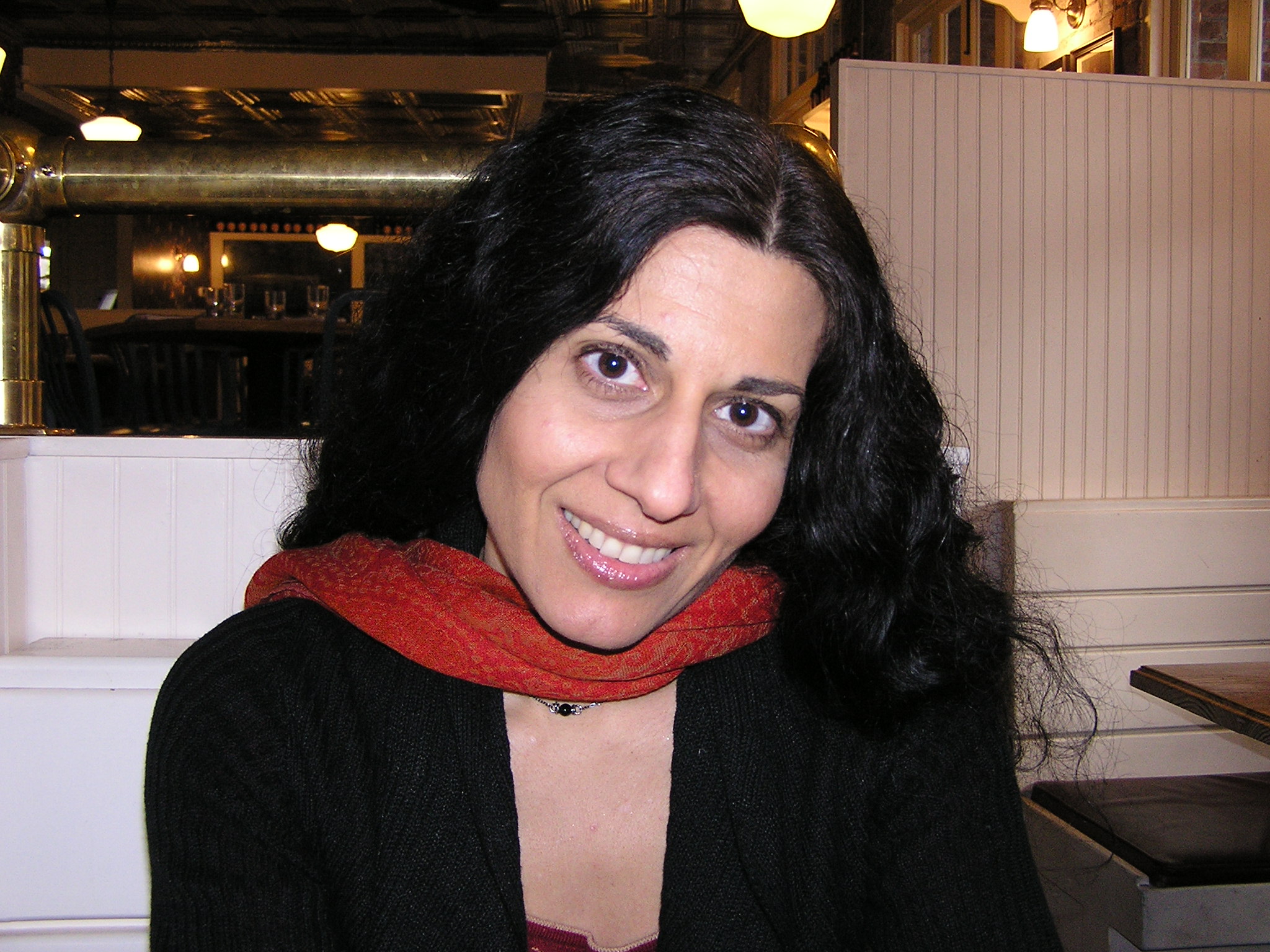
If you thought you knew everything the Young Turk and Kemalist regimes did to extricate themselves from responsibility for committing the Armenian Genocide, you are in for a surprise. The finer points are in a book by Dr. Meline Anumyan, a historian and author, called “Acknowledgment and Condemnation: The Trials of the Young Turks in 1919-1921 and 1926,” translated into English by the leading intellectual Dr. Ara Caprielian, and completed by his wife Arevig after his untimely death.
On Sunday, April 7, St. Illuminator’s Cathedral in New York and the Hamazkayin Eastern Region hosted Anumyan and Arevig Caprielian who delivered an illustrated presentation based on Anumyan’s book, which coincided with the fourth anniversary of Dr. Caprielian’s passing.
Reverend Father Mesrob Lakissian, the pastor of St. Illuminator’s, introduced both women. He was pleased that Anumyan’s efforts “would reach a broader audience through the efforts of a man who by his own example demonstrated that one can be born in the United States and be 100 percent Armenian and 100 percent American at the same time.”
Anumyan earned her PhD at the Institute of Oriental Studies in Armenia, where she also received her undergraduate degree in Turkological Studies. Dr. Anumyan currently leads the Turkish Department at the Research Center for Western Armenian Studies, based in Yerevan. She has also studied the Ottoman Turkish language at The History Foundation (Tarih Vakfı) in Istanbul and now edits programming for Armenians in Turkey at the Public Radio of Armenia.
Today, Anumyan lectures about the Armenian Genocide, the post-WWI Young Turk trials, expropriated Western Armenian properties, forced Turkish assimilation of Armenians during and after the Armenian Genocide, Islamized Armenians and Armenian-speaking gypsies in Turkey. Her own family hailed from Western Armenia: Dikranagerd, Bolis, Adabazar, Yalova and Tekirdağ.

During her presentation, Dr. Anumyan emphasized the exceptional value of the court records from the trials of the Young Turks. Turkish leadership, she noted, documented the course of the Armenian Genocide in official Turkish records and periodicals of the time. She explained that the Turkish government decided to formally prosecute the Genocide’s masterminds and participants in the hopes of lightening or dismissing their sentences, understanding that if the Allied Powers prosecuted them their fates would be far worse. One of the reasons today’s Turkey does not acknowledge the Armenian Genocide, noted Anumyan, is because many of the so-called heroes of “Modern Turkey” were guilty of genocide.
Anumyan emphasized that the purpose of Operation Nemesis—the undercover campaign to assassinate the Genocide’s masterminds—was to carry out the death sentences these masterminds were convicted of, but had evaded with the support of the Turkish government.
She also described the political atmosphere in Turkey following the 1918 Armistice at Mudros and the investigations of those responsible for the Armenian Genocide. Included were the proceedings of the 1919 trial of the Committee of Union and Progress (CUP or Young Turk) party members, the Young Turk government of the WWI period, responsible regional secretaries of the CUP and those who implemented massacres, death marches and other aspects of the Genocide. Anumyan further detailed political developments in Turkey from 1923 to 1926, including the trials of the Young Turks in 1926 in Izmir (Smyrna) and Ankara and the perpetuation of the Ittihadist tradition in the Republic of Turkey.
“Acknowledgment and Condemnation” contains explosive information about some of the Genocide’s masterminds and those who fled to Malta to escape their death sentences. It covers the hows and whys of their returns to Istanbul and integration into leadership positions in the new Turkish Republic.
The English translation of “Acknowledgment and Condemnation” came about when Dr. Caprielian became aware of it and believed it should become more available to researchers, politicians and activists. The English edition was eventually published by the Khatchig Babikian Publication Fund of the Armenian Catholicosate of Cilicia.
By sponsoring Anumyan’s tour, Dr. Caprielian’s wife afforded East coast Armenians the chance to familiarize themselves with a scholar who represents a new generation of Armenia-born intellectuals pursuing justice for the Genocide. Local Hamazkayin chapters have organized these presentations which have already occurred in Washington, Philadelphia, New Jersey and New York. Anuyman and Caprielian are slated to speak at the Armenian-American Social Club in Watertown, Mass. on April 10 and at Gallery Z in Providence, Rhode Island the following day.
Limited copies of “Acknowledgment and Condemnation” are available in English and Armenian during this tour. Additional copies of the English version are for sale through the Cilicia Bookstore in Beirut, Lebanon and the Armenian version through the Institute for Armenian Studies at Yerevan State University. A Turkish-language version is also available.



Here’s the Amazon link to the Turkish edition:
https://www.amazon.com/Tanima-Ittihat-Terakki-Yargilamalari-1919-1921/dp/6054049933